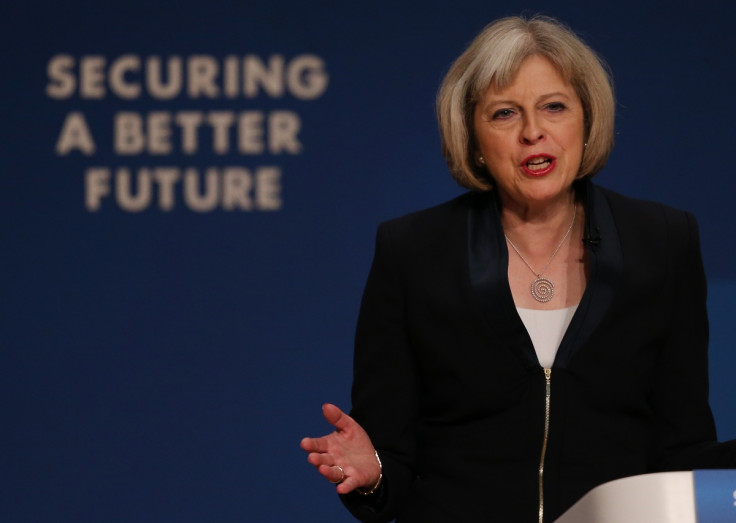IoD urges UK government to dismiss proposed £1,000 non-EU skilled migrant levy

Business lobby group the Institute of Directors (IoD) has condemned a controversial raft of proposals by the Migration Advisory Committee (MAC), which includes a £1,000 levy on companies employing skilled migrants from outside Europe. The MAC was asked by Home Secretary Theresa May and Prime Minister David Cameron to come up with possible initiatives to curb the number of skilled migrants entering the UK.
The IoD urged the government to dismiss the proposals brought forward to decrease the amount of skilled migrants coming in via a Tier 2 visa. The visa allows non-EU workers to be employed in the UK if a company sponsors them.
However, the Home Office has pledged to bring down the number of immigrants coming through a Tier 2 visa, which is currently at 336,000 according to government data, to the "tens of thousands". The new migration proposals, published on 19 January, are estimated to bring down Tier 2 visa migration by 20%.
"The MAC's proposals will hurt thousands of individual firms, which will find it harder to bring in the skilled workers in areas like IT, where we have shortages," IoD director general Simon Walker said. "Coming on top of the new apprenticeship levy, and the national living wage, the new tax on recruiting from overseas will pile further costs on businesses.
"These plans would only make a 'modest' contribution to cutting overall net migration. This will send a message around the world that the UK is no longer open to international talent."
May is expected to agree with the proposals in the MAC's report. The Home Office has reportedly thanked the committee and has said it is "considering" the outcome of its studies.
"Raising the cost of employing skilled migrants via higher pay thresholds and the introduction of an immigration skills charge should lead to a greater investment in UK employees and reduce the use of migrant labour," MAC chairman David Metcalf said in a statement.
Salary thresholds
Another controversial point made by the MAC was the recommendation to increase the salary thresholds for Tier 2 visa holders. At the moment, skilled non-EU workers are eligible for a visa if they will be earning more than £20,800 (€27,222, $29,565) a year in the UK. The committee has proposed to increase that threshold to £30,000 a year.
The new proposed salary threshold is £3,500 higher than the UK's average salary of £26,500 in 2015, according to the Office for National Statistics.
The UK is also dealing with a skills gap and has a shortage of people in science, technology, engineering and maths (STEM) sectors. According to Engineering UK, there will be more than 2.6 million job openings between 2015 and 2022. Some experts argue this gap should be filled by non-UK workers.
"The salary thresholds are particularly short-sighted, as they would block valuable employees like engineers, while not catching high-earning bankers or lawyers," said Walker. "It is likely to be the public sector which suffers most, as the thresholds make it harder to recruit much-needed nurses and teachers from abroad."
© Copyright IBTimes 2024. All rights reserved.






